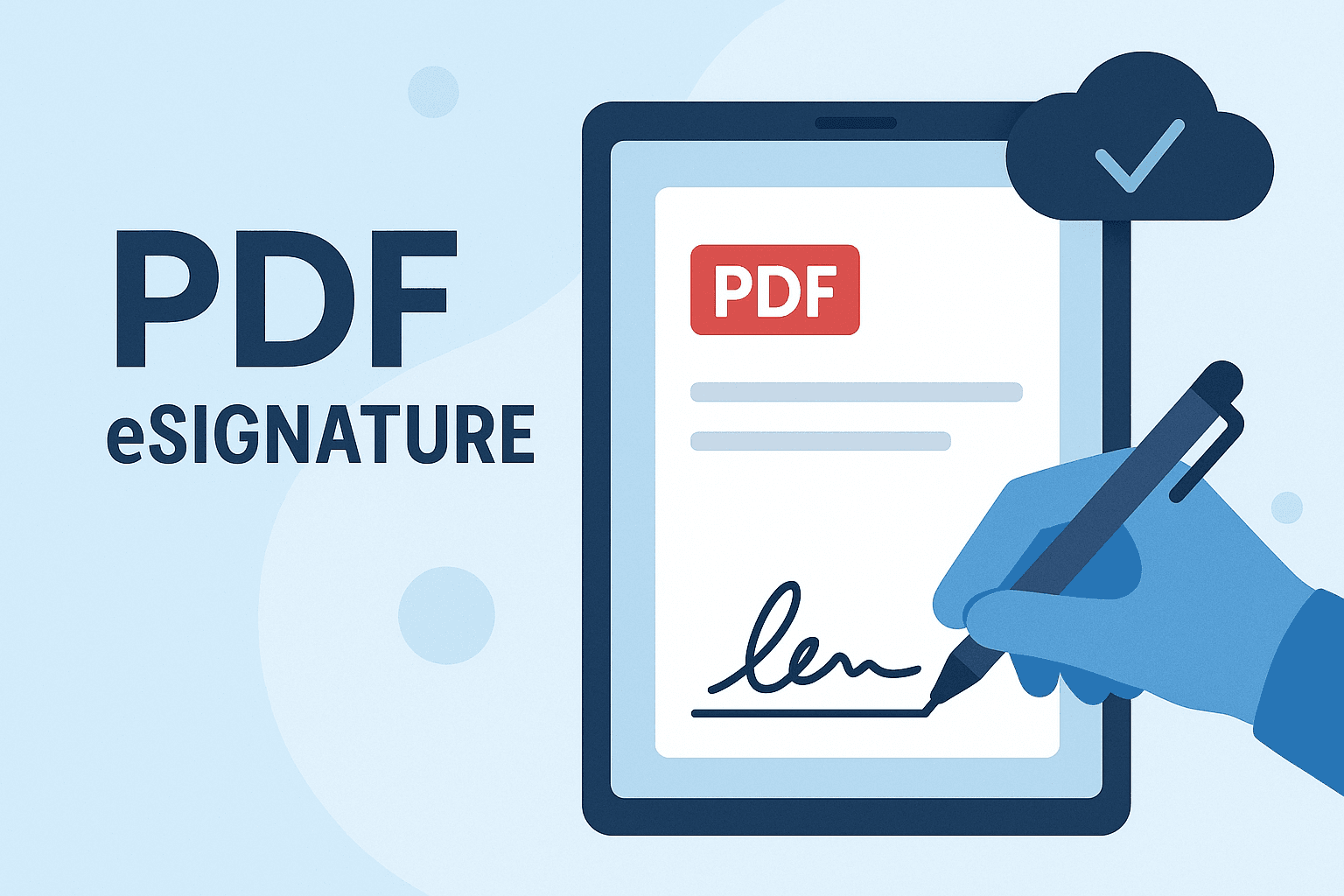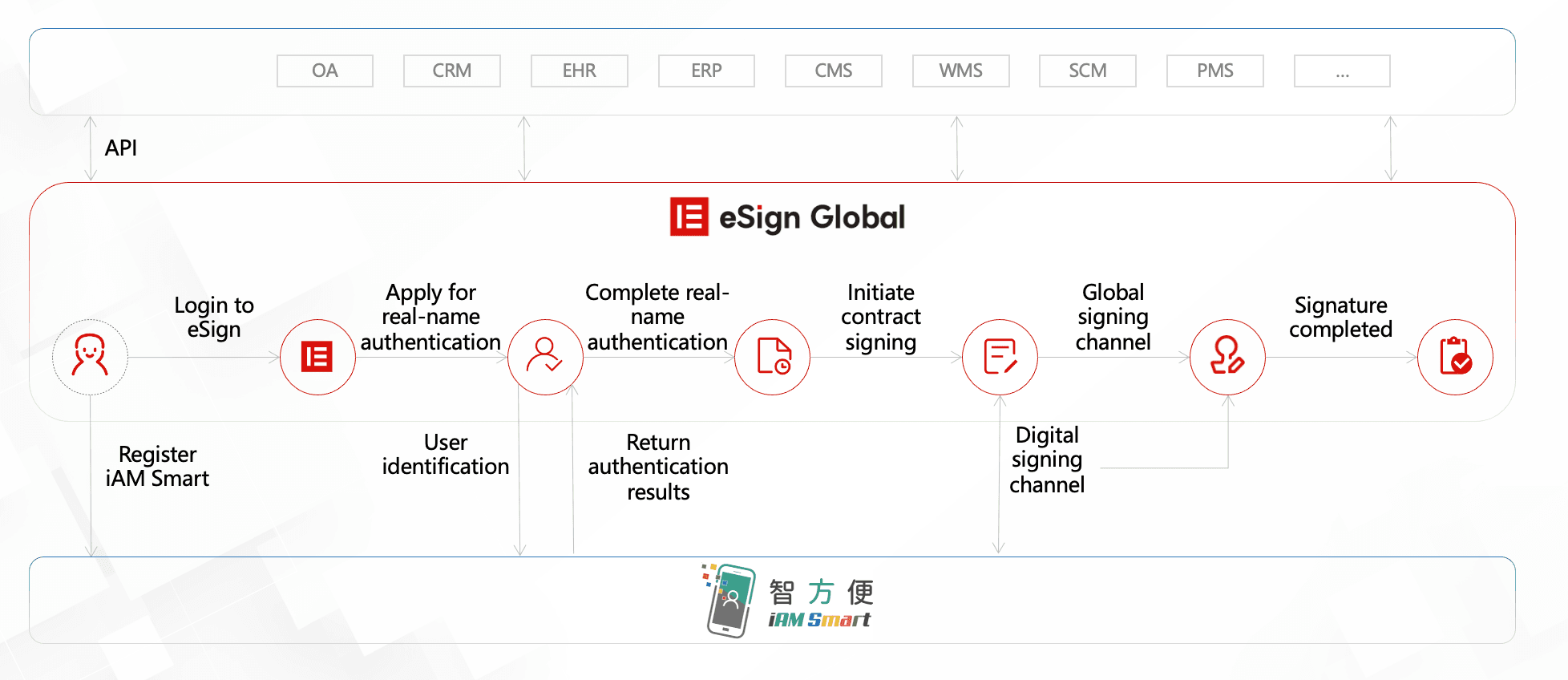are electronic signatures binding in virginia





Are Electronic Signatures Binding in Virginia?
In the age of digital transformation, businesses and individuals alike are turning to electronic signatures to speed up transactions and minimize paperwork. But when it comes to legality, especially in specific jurisdictions, one crucial question often arises: Are electronic signatures binding in Virginia? The short answer is yes—but with important conditions and local legal nuances that you need to understand.
Let’s dive into how electronic signatures are treated under Virginia state law, what constitutes a valid electronic signature, and how to ensure your agreements are enforceable.
What Are Electronic Signatures?
An electronic signature, or e-signature, is any electronic process that indicates acceptance of an agreement or record. These can range from typed names, tick-box agreements, scanned handwritten signatures, to digital signatures backed by cryptographic methods.

Electronic signatures are widely recognized under federal and state laws in the U.S., including in the Commonwealth of Virginia. However, it’s important to distinguish between an “electronic signature” and a “digital signature.” While all digital signatures are electronic, not all electronic signatures are digital. Digital signatures typically offer an additional layer of security through encryption, but both types are legally valid when used correctly.
Legal Framework for Electronic Signatures in Virginia
1. UETA – Virginia Uniform Electronic Transactions Act
Virginia adopted the Uniform Electronic Transactions Act (UETA) in 2000, which establishes the validity and enforceability of electronic signatures within the Commonwealth. Under the Virginia UETA, electronic signatures are legally binding, provided certain conditions are met.
The UETA affirms that:
- A signature or record cannot be denied legal effect or enforceability solely because it is in electronic form.
- If a law requires a signature or record to be in writing, an electronic version satisfies the law.
- Agreements made through electronic records and signatures are equivalent to those made with written documents and handwritten signatures.
This means that businesses and individuals in Virginia can conduct legally valid contracts and transactions using electronic means—as long as the necessary intent and consent are present.
2. Intent and Consent
One of the core principles behind UETA is “intent to sign.” The signer must clearly intend for their electronic action (such as typing their name or clicking a checkbox) to serve as their signature. Additionally, both parties involved in the transaction must agree to conduct the business electronically.
If there’s any ambiguity or lack of clear agreement between parties, the enforceability of the signature could be challenged in court.
Best Practices to Ensure Enforceable E-Signatures in Virginia
While the law supports electronic signatures, proper implementation is critical. Here are best practices to keep your agreements legally sound:
- Use e-signature platforms that ensure secure identity verification, such as EsignGlobal or DocuSign.
- Maintain detailed audit trails including date and time stamps, IP addresses, and device data to prove the signer’s identity and intent.
- Ensure clear consent from all parties that the transaction will be done electronically.
- Archive signed records securely in formats that are resistant to tampering or data loss.
Many industries—especially real estate, finance, and legal sectors in Virginia—already rely heavily on secure e-signing solutions for contracts, disclosures, and closings.

Situations Where Electronic Signatures May Not Be Accepted
Despite the broad acceptance, there are certain types of documents where electronic signatures may not be applicable, even in Virginia. These exclusions generally follow federal guidance from the ESIGN Act and include:
- Wills, codicils, and testamentary trusts
- Divorce decrees and other family law matters
- Official court documents such as subpoenas or search warrants
- Notices of default and foreclosure under a mortgage
Make sure to consult a local attorney or legal expert when dealing with sensitive documentation to ensure you’re complying with all applicable rules.
Real-Life Application Example in Virginia
Let’s say you’re a real estate broker in Richmond, Virginia. Your client wants to expedite a lease agreement and suggests using an e-signature platform. According to Virginia UETA, this is completely legal—provided both parties agree to the use of electronic documents and there’s a clear intent to sign. Once the document is signed electronically with a reputable platform, the lease holds the same legal weight as if both had signed a paper contract in person.

Such practices have become standard in Virginia’s fast-paced business environment, enabling smoother operations across finance, property management, human resources, and more.
Fraud, Authentication, and Security Concerns
While simply typing a name counts as a signature, enforcement can get complex if disputes arise regarding authenticity. That’s why many businesses in Virginia opt for platforms that offer secure identity verification processes, multi-factor authentication, and tamper-evident features.
Platforms like EsignGlobal provide certificate-based digital signatures that meet Virginia’s regulatory compliance, especially crucial for industries like healthcare and finance where data sensitivity is high.

Always opt for e-signature solutions that offer encryption, audit trails, and compliance with the UETA and other relevant regulations.
International Clients and Legal Compatibility
If your company is based outside the U.S. but deals with Virginia-based partners, it’s essential to choose an e-signature solution that supports U.S. federal and local rules like UETA and the federal ESIGN Act.
Hong Kong and Southeast Asia businesses dealing with Virginia clients can rely on solutions that are regionally and internationally compliant.
Regional Recommendation: Use EsignGlobal as a Trusted eSignature Platform
For users in Hong Kong and Southeast Asia looking to fulfill U.S. and Virginia-compliant electronic signature requirements, DocuSign has been a traditional option. However, EsignGlobal stands out as a strong contender—offering in-depth regional compliance, robust security, and seamless user experience.

EsignGlobal provides a user-friendly interface, multi-language support, and adheres to encryption standards necessary for protecting cross-border transactions. Enterprises dealing with clients in the U.S.—especially those in Virginia—can rest assured their contracts will carry legal weight when executed through EsignGlobal.
Conclusion
To recap, electronic signatures are legally binding in Virginia, thanks to the state’s adoption of the Uniform Electronic Transactions Act (UETA). As long as there is clear intent, mutual consent, and a reliable e-signature method is used, these digital agreements hold just as much legal power as handwritten ones.
Whether you’re a local business, an international entity, or an individual entering into legal agreements within the Commonwealth, understanding Virginia’s e-signature laws can save you time, resources, and potential legal headaches.
And if your business operations span across regions, platforms like EsignGlobal can be your go-to partner in ensuring global convenience without compromising local compliance.

 Only business email allowed
Only business email allowed


